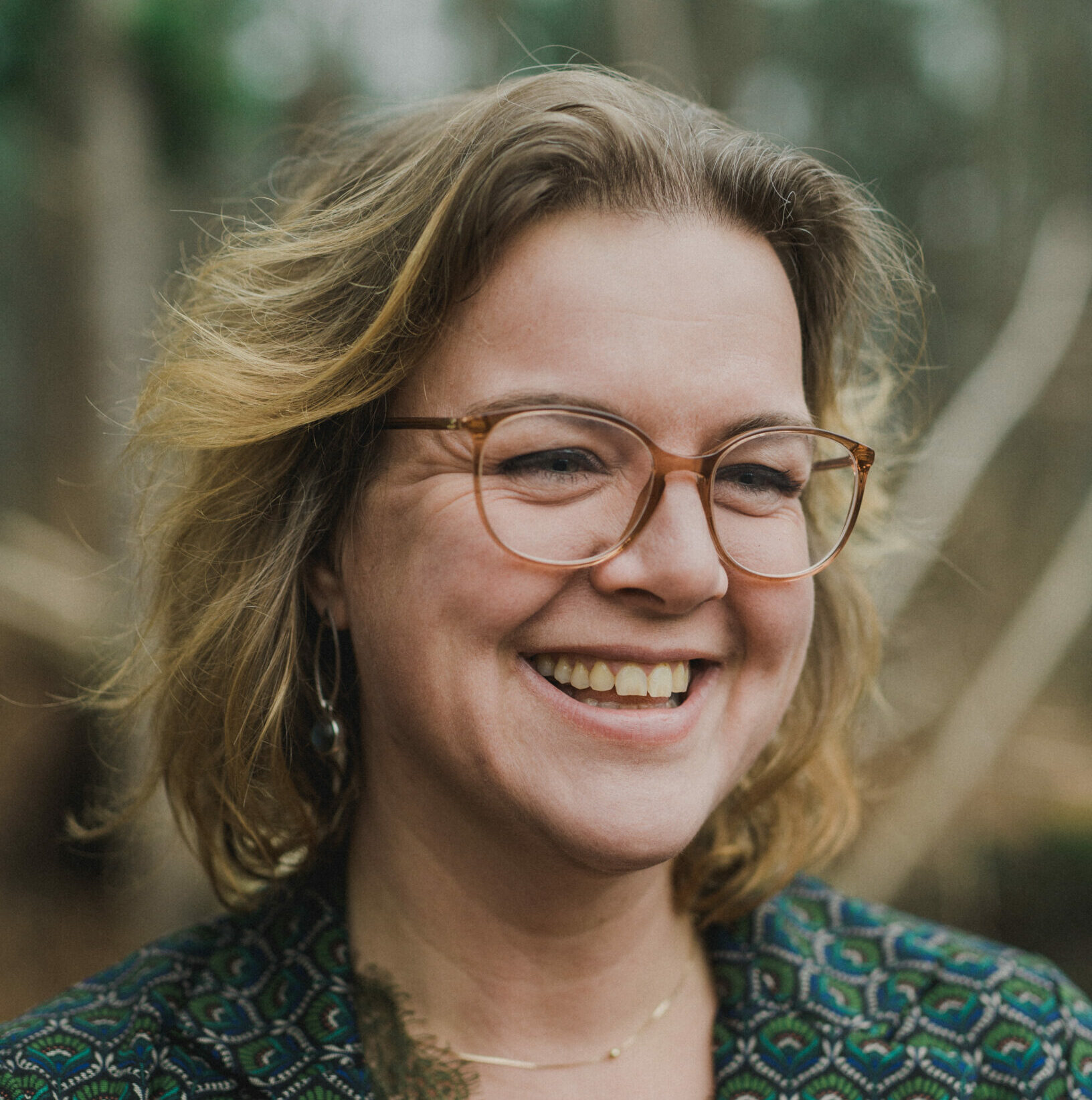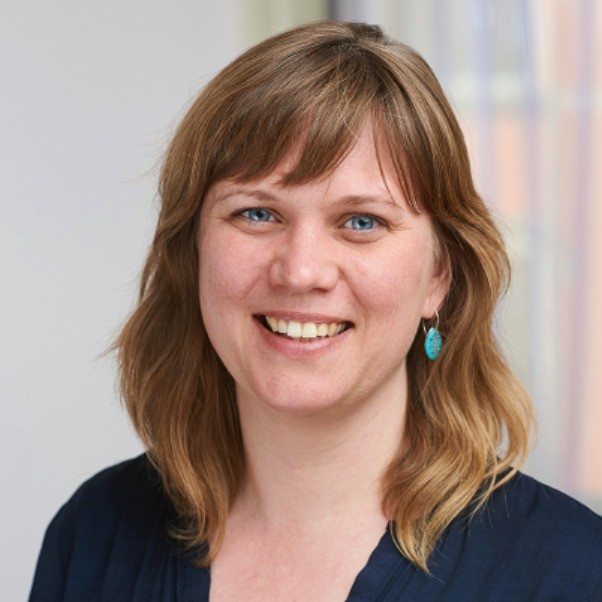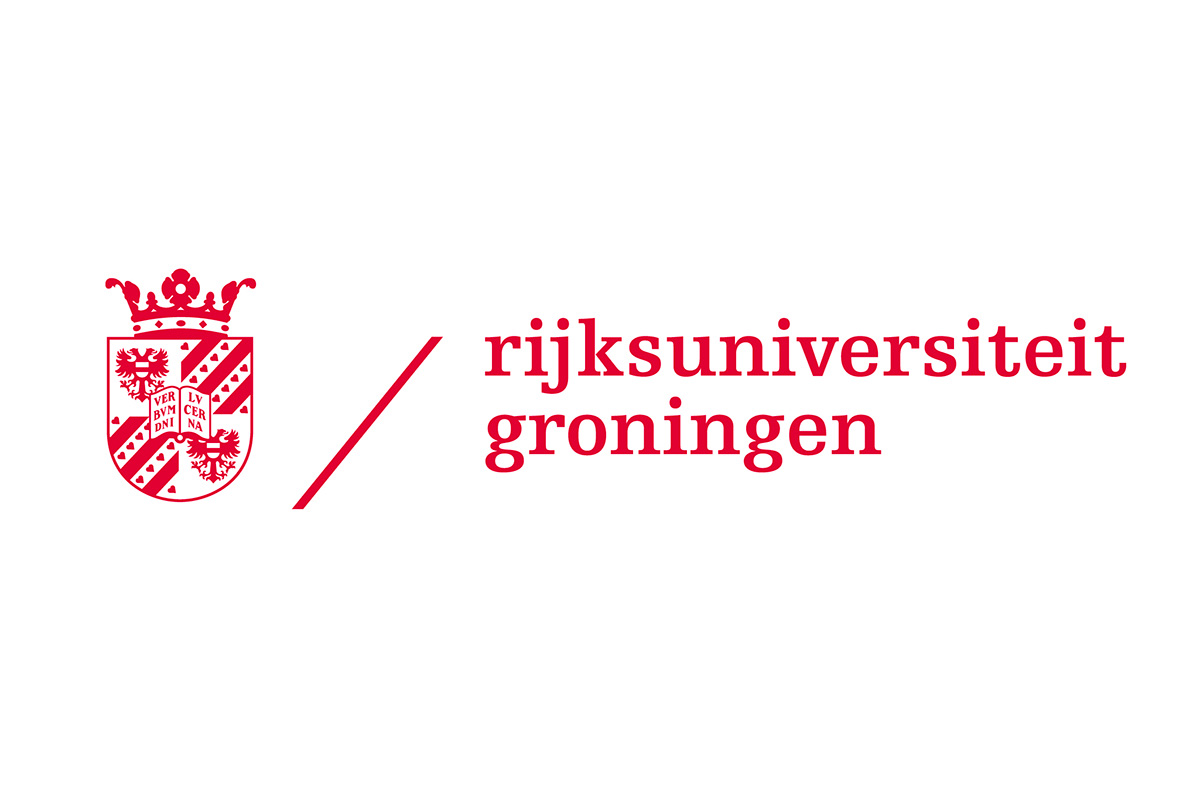Women In Solidarity for Energy

About

In September 2024, the two-year Women in Solidarity for Energy (WISE) project started with funding from the EU Citizens, Equality, Rights and Value program. It is a consortium project between nine NGOs and academic institutions from seven EU countries (NL, FR, BU, CR, GR, IT and HU) that researches and draws attention to the right to energy, energy poverty in Europe, and participation to the energy transition among women in Europe, with a special focus on women living alone. We focus, among other things, on the right to energy of students, older women, single mothers and refugee women.
Single women are among the most marginalized groups in Europe, especially when it comes to the just, clean energy transition. These women often have little say over living situations and energy-consuming appliances. With meager resources, they struggle to meet the basic needs of their families. Many factors undermine their right to a life of dignity, adequate services, healthcare and housing, as enshrined in the EU Charter of Fundamental Rights (CFREU) and the EU Pillar of Social Rights.
WISE (Women in Solidarity for Energy) is a European-funded project in which 75inQ, together with the University of Groningen, provides implementation and coordination in the Netherlands. In the WISE project we focus on ‘single women’, including 1. elderly women, 2. single mothers, 3. female entrepreneurs and 4. women (both elderly and single mothers) of migrant and refugee status.
The aims of WISE are to:
- Raise awareness about energy justice and the precarious position of many single women in energy poverty.
- Increase knowledge and action perspectives of single women to reduce vulnerability to energy poverty.
- Empower women in energy poverty to make their voices heard in the energy poverty debate and contribute to sustainable interventions.
To achieve these goals, WISE will develop the following activities, including:
- Organizing film evenings around the theme of energy poverty and the voice of women in this
- Training women to tackle energy poverty
- Initiating Energy Solidarity Days, including help with energy contracts and energy saving advice
- Translating relevant information about energy poverty into Dutch and other languages
- Creating a Sounding board group (WISE Collective) with representatives from governments, social organizations, businesses, knowledge institutions and women vulnerable to energy poverty.
Objectives WISE Consortium
To facilitate local and EU-level collaboration in the complex challenge of ensuring the clean energy transition addresses injustices currently experienced by single mothers, WISE will first organise planning meetings at local/national level, with the aim to establish a “WISE Collective” in each partner country.
This collective in each partner country should reflect the range of stakeholders/actors that need to be involved in developing coherent, rights-based solutions to alleviate energy poverty for the target group. This includes, for example: gender-based / migrant CSOs, CSOs focused on energy poverty, energy experts, municipalities, social housing authorities, refugee/immigration support office(r)s. Critically, women from the target group will be invited to participate as ‘lived experience experts’.
Each collective should carry out a preliminary assessment of the target group’s understanding of energy, their energy and languages required to carry out the project. It should also create a short report that outlines effective policies and identifies policy gaps, good practices already being applied, and an inventory of communications materials useful to the project. It should also recruit volunteers who speak the languages needed.
Local Representatives The Netherlands
Dr. Mariëlle Feenstra
Scientific Director 75inQ | Senior Researcher Gender, Innovation and Energy Transition
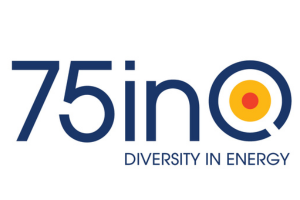
Past events
Pan-European Conference in Sofia
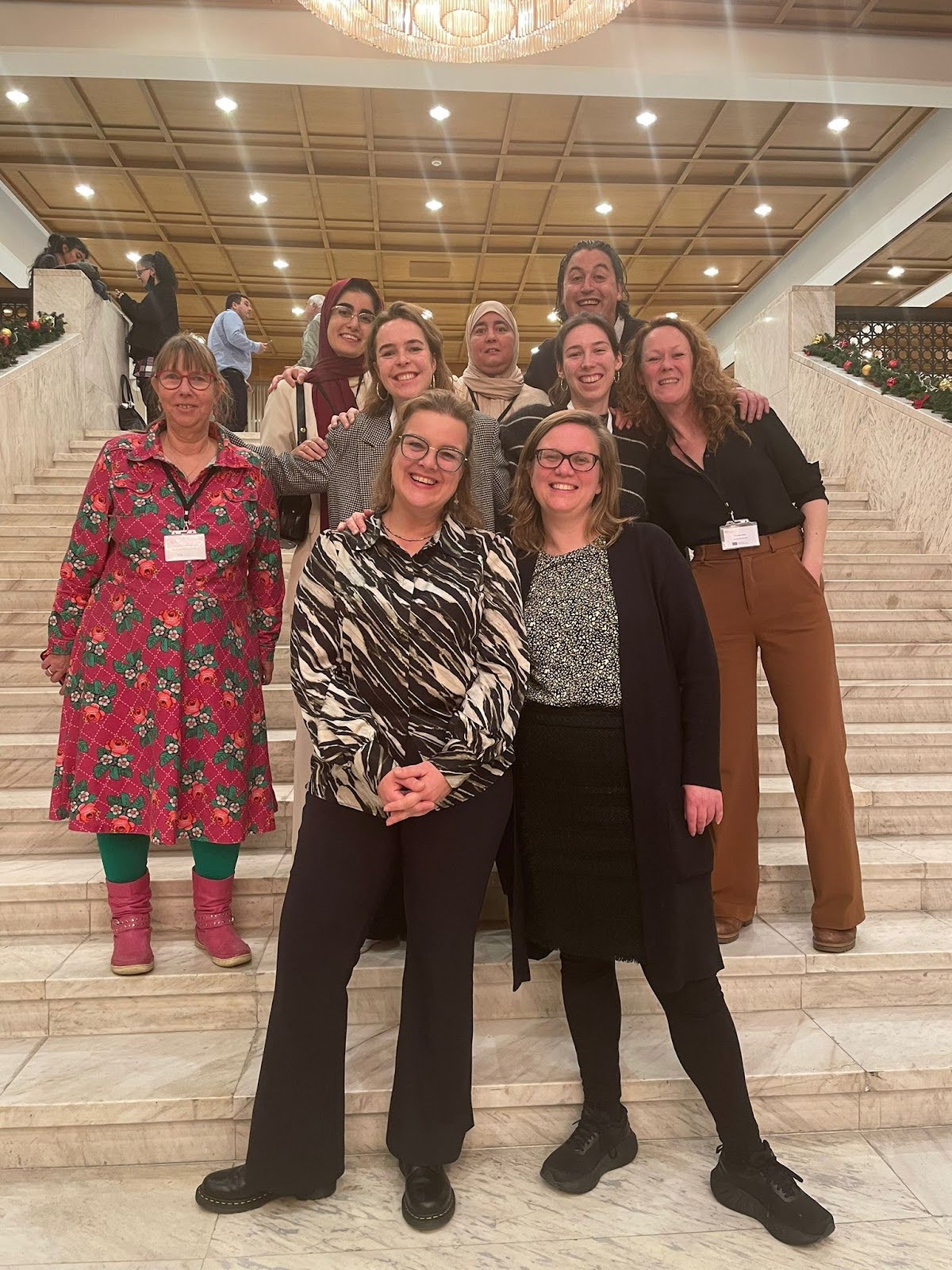
In December 2024, a unique and groundbreaking conference took place in Sofia, Bulgaria, the very first pan-European gathering on energy poverty and gender. A total of 113 participants from 18 different countries came together to exchange knowledge, experiences, and recommendations.
Representatives from the WISE partner countries presented their collectives, observations, and initial findings. The discussions revealed an urgent need for accessible, multilingual information and inclusive awareness campaigns to better understand and combat energy poverty.
It also became clear how important it is for policies to address the specific needs of women, especially older women and women with migration backgrounds, and to structurally invest in improving housing quality.
This conference marked a powerful starting point for international cooperation and solidarity in the fight against energy poverty.
Translate-a-Thon
In February 2025, the European Translate-a-Thon took place, a large-scale translation campaign to make information about energy poverty and women’s right to energy more accessible. Volunteers from all across Europe joined forces to translate existing materials into as many European and migrant languages as possible, including Dutch, Arabic, Turkish, Chinese, and many others.
The month concluded on March 5 with the webinar ‘Translating the Women’s Right to Energy Across Europe’, where over 200 participants came together online. During this event, the translations were presented and participants engaged in discussions about the national contexts of the right to energy.
Film screenings
To bring people from all areas of energy poverty together, WISE organized film evenings in Arnhem and Groningen. The documentaries shown sparked conversations among students, policymakers, energy sector professionals, and people with lived experience. Both evenings featured films about the social and structural aspects of energy poverty, followed by open discussions where experiences and insights were shared, leading to valuable exchanges.
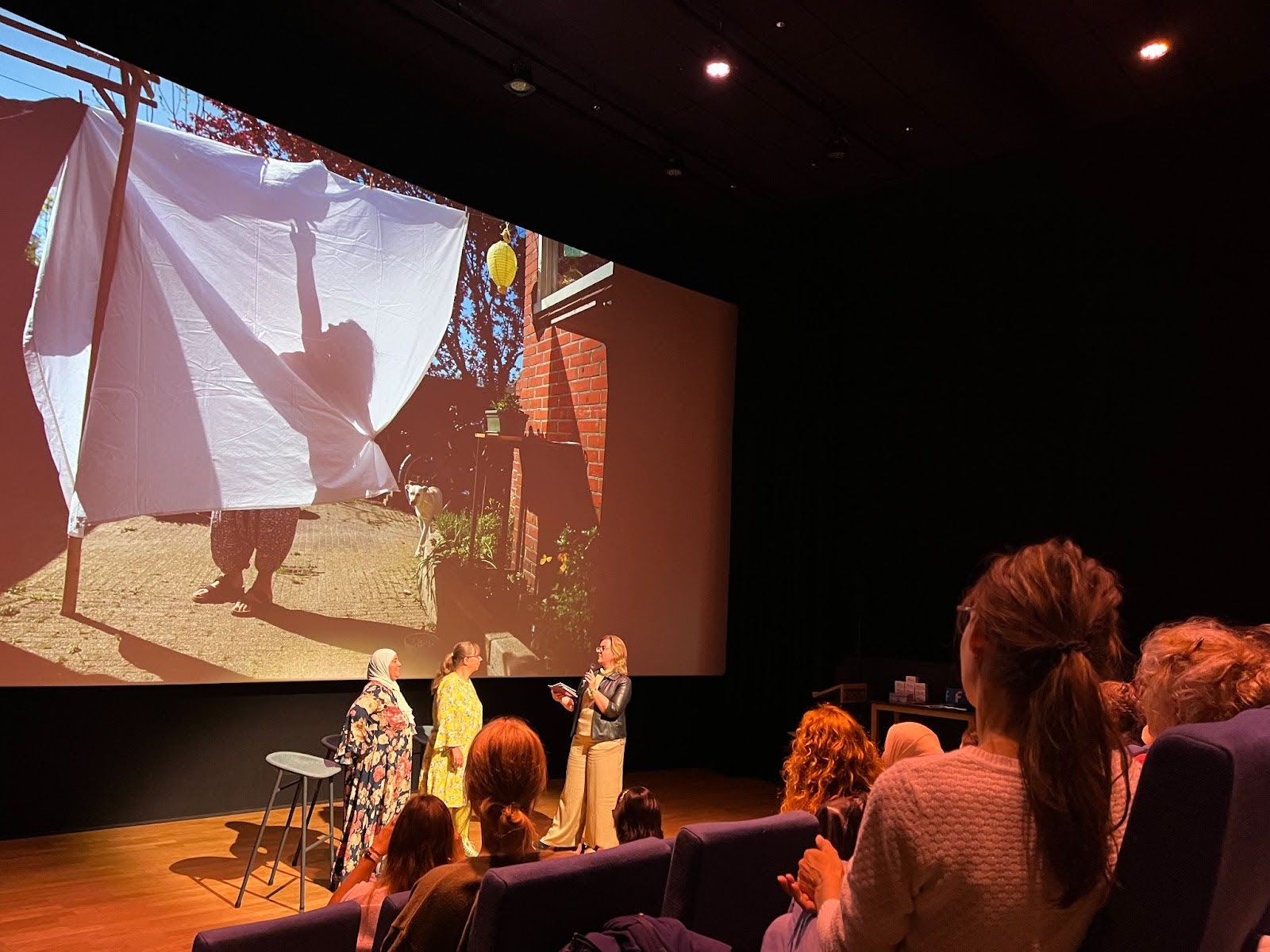
In Arnhem, visitors from the Women in Electricity conference joined residents and energy professionals. After a shared meal, the WISE magazine was presented, followed by two films on energy poverty and energy collectives. A panel discussion including an expert with lived experience, an energy coach, and a municipal representative sparked lively conversations about the role of women in the energy transition.
The Groningen film night focused on students, including many international students. Through three short documentaries, the event explored the often invisible impact of energy poverty on young adults, their housing situations, and mental well-being. The evening highlighted students’ limited control over their energy use and showed how gender also plays a role here.
Both evenings demonstrated how film can connect people and raise awareness, and how persistent, structural problems must be addressed through just and inclusive policies.
Check out the video ‘Pennies make Pounds’ below!
Publication ‘Hidden Face of Energy Poverty’
Giving a voice to women affected by energy poverty, that is the goal of the booklet Hidden Faces of Energy Poverty, published as part of the WISE project. It contains 7 inspiring stories accompanied by beautiful photos of women who have lived with energy poverty for extended periods. The booklet can be ordered or downloaded for free.
Consortium


